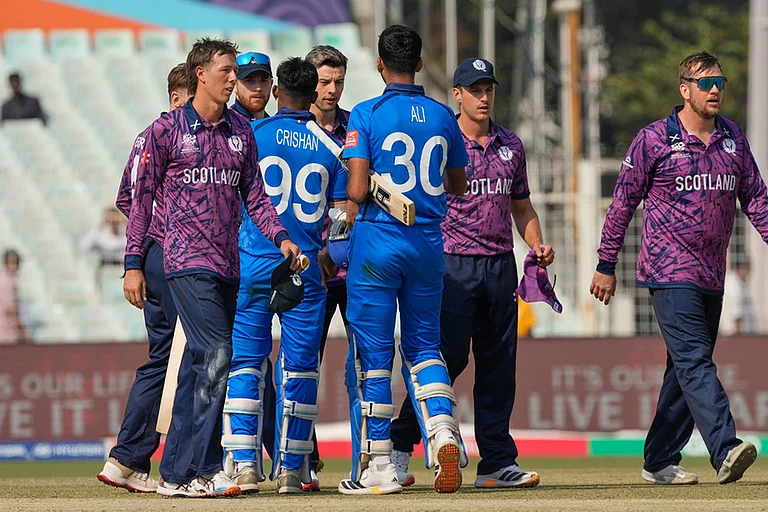The school attracts students from varied segments—army officers, doctors, marine engineers, ips and ias officers. "Diversity is our biggest plus point," says Piyush Shah, 25. Adds Khushboo, 26: "I’ve done a four-year stint in technology already. I felt ISB’s one-year course is good for mid-management." (There are also short-term programmes for middle- and senior-level managers, where costs range from Rs 1-6 lakh for two-three week courses.)
But its strength of allowing managers to shift laterally is also turning out to be a weakness. For, it’s not easy to get recruiters to change their mindsets. Says Pradeep Gogte, director (career and alumni services): "Industry is used to hiring freshers. Our biggest effort is to make companies understand the one-year concept and the fact that our students have work experience.... We have asked firms to look at us as an executive search option." The companies tell ISB what they’re looking for and it provides them with 10-15 options. The result of this effort is evident: last year’s batch sent a country manager at Rs 28 lakh per annum, and a head of business development at Rs 19 lakh.
However, in the long run, ISB sees itself as a leading research institute in Asia. It has already set up the Wadhwani Centre for Entrepreneurial Development, to be followed by a centre for analytical finance headed by Raghuram Rajan, chief economist, imf. Other areas the school is looking at include strategic marketing, leadership, technology and emerging markets. Each of these wings will generate original published work from an Indian perspective, but with a worldwide relevance.
Set up at the peak of the IT revolution, the single-most striking aspect of ISB is its extensively wired information and knowledge centre. It subscribes to over 1,000 business and industry magazines online, accesses 25 years of full text archives of 2,500 scholarly and peer review journals, and subscribes to over 25 market research databases. This knowledge storehouse is obviously the key, not just for students, but also for its research team. Says K. Mohan, director (learning resource centre): "We spend $1,20,000 every year on copyright licences alone."
ISB’s faculty, of course, includes names like Raghuram Rajan, Bala Balachandran (Kellogg Business School), Bruce Allen (Wharton) and Madan Pillutla (London Business School). Now, others like Infosys’ Narayana Murthy and McKinsey’s Rajat Gupta will also take classes. Costs correspond to such a premium image: tuition plus living expenses (shared) come to about Rs 10 lakh, which is to be hiked steeply from the next semester. However, at least 33 per cent students get 50 per cent scholarships.
Amenities like housing and catering in the sprawling 250-acre campus are first-rate—something necessary if ISB wants to attract foreign students who are so essential to make it reach its avowed goal of global recognition. Dan, an American student, says: "I intend to continue working in the Asian region; it made sense to take an MBA here. And the faculty is world-class." Of the top 100 B-schools, only four are from Asia so far. Will ISB make it to that hallowed league? Mohan says it all: "We want to be seen as the Hyderabad Harvard."


























